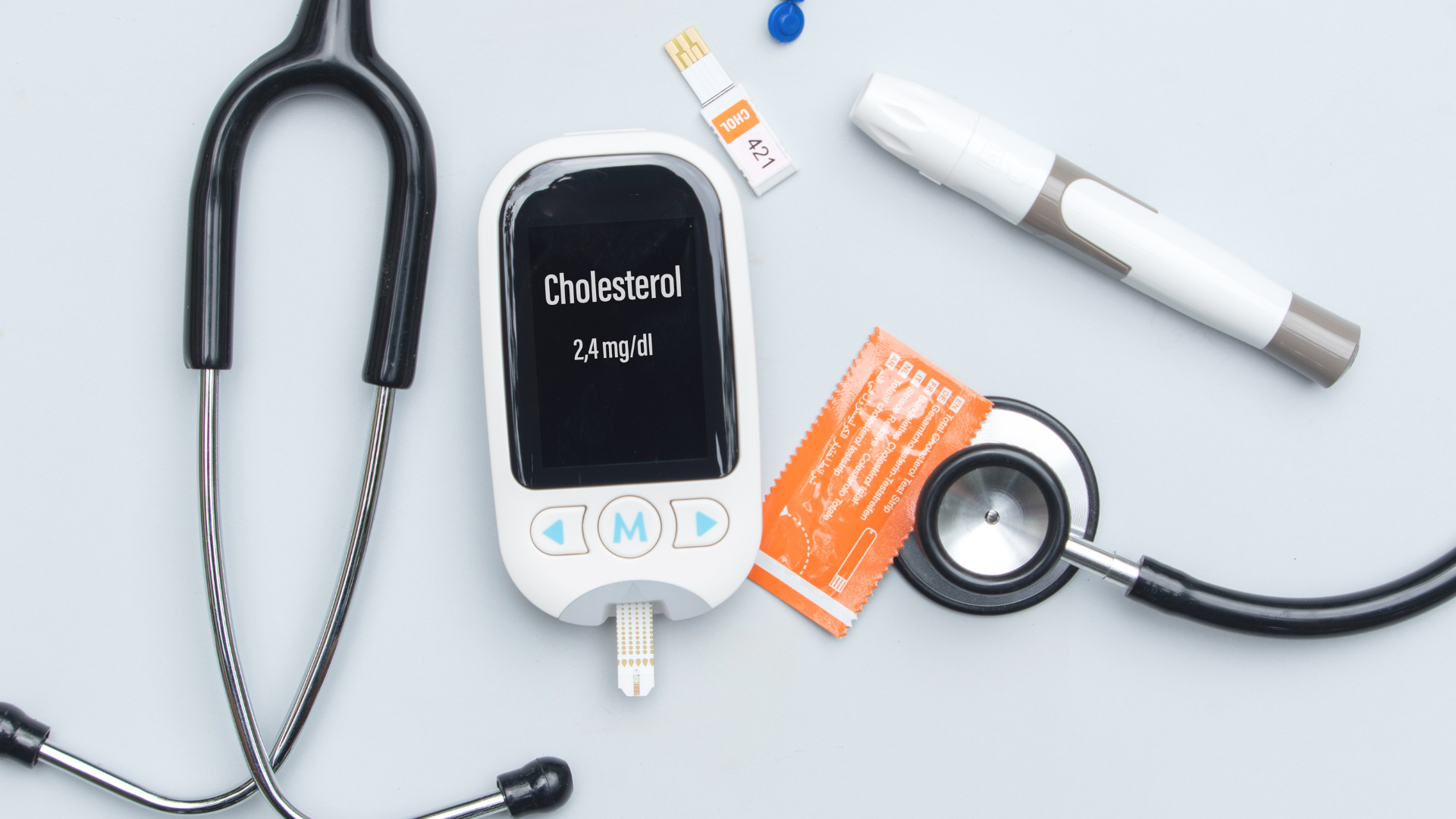When we think of menopause, we often picture hot flashes, night sweats, and irregular periods. But menopause is far more complex than these well-known symptoms. Many women experience uncommon and often overlooked signs of menopause that can significantly affect their quality of life. Recognizing these lesser-known symptoms can help you seek the right support and avoid unnecessary stress or misdiagnosis.
In this article, we explore the uncommon signs and symptoms of menopause, why they occur, and what you can do to manage them effectively.
Why Do These Unusual Symptoms Happen?
Menopause is a hormonal shift, particularly involving the decline of estrogen and progesterone. These hormones influence not just the reproductive system, but also the brain, skin, bones, heart, and nervous system. That’s why menopause symptoms can show up in unexpected ways.
Uncommon Signs & Symptoms of Menopause
1. Burning Mouth Syndrome
A strange burning sensation in the mouth or tongue (without visible signs) can be caused by hormonal changes affecting oral tissues and nerves.
What it feels like:
- Tingling or burning on the tongue, lips, or roof of the mouth
- Metallic or bitter taste
2. Electric Shock Sensations
Some women report brief, sudden “zaps” or electric shock-like feelings, often just before a hot flash. These are linked to changes in nervous system signaling.
3. Itchy Skin (Formication)
Estrogen affects skin hydration and collagen. As it drops, some women experience intense itchiness or a crawling sensation under the skin, called formication.
4. Tinnitus (Ringing in the Ears)
Fluctuating hormone levels may impact blood flow or nerve sensitivity, leading to ringing, buzzing, or hissing sounds in the ears.
5. Joint Pain and Stiffness
Often mistaken for aging or arthritis, joint aches and muscle stiffness may actually be menopause-related due to inflammation and decreased collagen.
6. Gum Problems and Bleeding Gums
Estrogen also maintains oral tissue health. During menopause, gums may become red, swollen, or bleed easily—increasing the risk of gum disease.
7. Digestive Issues
Hormonal changes can disrupt digestion, leading to:
- Bloating
- Gas
- Indigestion
- Slower metabolism
8. Body Odor Changes
Even without increased sweat, some women notice changes in body odor, likely due to hormonal shifts affecting the skin’s microbiome and sweat composition.
9. Allergies and Sensitivities
Estrogen influences immune system responses. During menopause, women may experience new allergies or worsened reactions to foods, products, or environmental triggers.
10. Loss of Coordination or Balance
Estrogen supports nerve health. A decline may lead to occasional clumsiness, dizziness, or balance issues, increasing fall risk.
11. Heart Palpitations
Not always caused by anxiety, sudden fluttering or racing of the heart can be linked to hormonal fluctuations. Always get this checked to rule out cardiac issues.
12. Hair Shedding on Body (Not Just the Head)
While many women focus on thinning scalp hair, less hair on the arms, legs, or pubic area is also a sign of estrogen decline.
13. Burning or Tingling Sensations in Extremities
Known as paresthesia, this symptom involves pins and needles or numbness in hands and feet, related to the nervous system changes during menopause.
When Should You See a Doctor?
While many of these symptoms are linked to menopause, some may indicate other medical conditions. Consult your doctor if you notice:
- Symptoms that worsen or persist
- Severe pain, palpitations, or mood changes
- Rapid or unexplained weight changes
- Neurological symptoms like numbness or dizziness
Early intervention can help you manage symptoms more effectively.
Managing Uncommon Menopausal Symptom
- Track Your Symptoms: Journaling helps identify patterns and triggers.
- Stay Active: Movement improves joint health, balance, and mood.
- Support Your Skin and Oral Health: Use soothing skincare, stay hydrated, and visit a dentist regularly.
- Mind Gut Health: Probiotics, fiber, and a hormone-friendly diet can support digestion.
- Consider HRT or Natural Alternatives: Work with your doctor to decide what’s best for your symptoms.
Final Thoughts
Menopause is a deeply individual journey, and while some symptoms are common, others are lesser-known but equally real. Understanding these unusual signs helps you feel empowered, not confused. If something feels off during this stage of life, trust your instincts. You’re not imagining it—your body is evolving, and you deserve support that understands the full picture.
FAQs
Q. Are electric shock sensations during menopause normal?
A. Yes, they’re an unusual but real neurological symptom linked to hormonal fluctuations.
Q. Can menopause cause balance problems?
A. Yes. Changes in estrogen can affect the nervous system, leading to dizziness or clumsiness in some women.
Q. Why do I feel itchy without a rash during menopause?
A. This could be formication—caused by reduced estrogen affecting skin hydration and nerve function.
Q. Are digestive issues part of menopause?
A. Absolutely. Bloating, gas, and slowed digestion are common but under-recognized symptoms.
Q. Can menopause change my sense of taste or smell?
A. Yes, some women notice a metallic taste or heightened sensitivities, often linked to burning mouth syndrome or hormonal shifts.





